As a proud pet owner, what could be more satisfying than seeing your furry friend healthy and happy? Despite being adorable creatures, dogs may also be somewhat high-maintenance, particularly when it comes to your dog’s coat health. A dog’s coat is not just a fashion statement; it is also a reflection of its general health and well-being. A shiny, soft, and healthy coat is a sign that your pup is thriving, while a dull, greasy, or patchy coat can be a red flag that something is not quite right.
So, what is the key to keeping your dog’s coat looking luscious? The answer lies in nutrition. Similar to humans, dogs too require a balanced and nutritious diet to look and feel their best. Some of the most common coat problems in dogs, such as excessive shedding, dry and flaky skin, and a lackluster coat, can be attributed to poor nutrition.
The good news is that by understanding the essential nutrients your dog needs and how to choose high-quality dog food and supplements for coat health, you can help your furry friend maintain a healthy and vibrant coat.
No matter if you are a new or a seasoned dog owner, keep reading to discover the secrets to a healthy, happy, and fabulous-looking furry friend.
The Common Coat Problems Caused by Poor Nutrition
Has your dog’s coat recently started to seem a little dull? Do you find yourself sweeping up furballs all over the house? Or maybe your furry friend is constantly scratching and biting at their skin. Well, you might be surprised to learn that these are all common coat problems caused by poor nutrition.
1. Dull Coat
A dull coat is a common symptom of poor nutrition. If your dog’s coat lacks essential vitamins, minerals, and proteins, it may appear lackluster and dull. The hair may be brittle and prone to breakage, and it may lack the healthy shine that characterizes a well-nourished coat.
2. Excessive Shedding
If your dog’s diet lacks essential fatty acids, it can lead to excessive shedding. The coat may become dry, brittle, and prone to shedding excessively. Additionally, dogs with skin irritation or allergies may scratch or chew on their coat, leading to further shedding and even bald spots.
3. Skin Irritations and Allergies
Skin irritations and allergies are common coat problems caused by poor nutrition. A diet deficient in vital nutrients can erode the skin’s protective barrier making it more vulnerable to irritants and allergens. This can lead to skin rashes, itching, and inflammation, which can cause your dog to scratch or bite their coat, leading to further damage.
If any of these situations ring a bell, it may be time to examine your dog’s diet more closely.
Meet: Peruvian Inca Orchid
The Nutrients That Contribute to Your Dog’s Coat Health
Maintaining a healthy coat for your furry pet depends heavily on a proper diet. A diet that includes protein, fatty acids, vitamins, and minerals will help to keep your dog’s coat shiny, thick, and healthy. Here are the key nutrients that contribute to your dog’s coat health.
1. Protein
Protein is crucial for dogs’ hair follicles to grow and regenerate as well as to preserve a healthy coat. It plays a significant role in producing keratin, which is the fibrous protein that forms the outer layer of hair, giving it strength and shine. Besides protein also enhances skin health.
Dogs can get their protein from lean foods like turkey, steak, chicken, and fish. Other sources include eggs, dairy products, and legumes.
2. Fatty Acids
Some of the important fatty acids for maintaining a healthy coat include omega-3 and omega-6. These acids help to keep the skin moisturized, reducing dryness and flakiness. They also play a crucial role in reducing inflammation, which can lead to skin irritation and hair loss. Additionally, they support the growth and development of healthy hair follicles, resulting in a shiny and thick coat.
Dogs can get good amounts of fatty acids from fish oil, especially from mackerel, sardines, and salmon. Other sources include chia seeds, flaxseed, and walnuts.
3. Vitamins and Minerals
For your dog to have a healthy coat, vitamins and minerals are also critical. Vitamin E, an antioxidant, helps to protect the skin and hair from free radical damage, whereas vitamin A promotes the growth and regeneration of skin cells and hair follicles. Zinc is a mineral that supports healthy skin and hair growth.
Carrots, sweet potatoes, and liver are all sources of vitamin A. Almonds, spinach, sunflower seeds, and spinach all contain vitamin E. Some sources of zinc include meats, seafood, and dairy items.
So, give your furry friend the best chance at a healthy coat by providing them with a balanced and nutrient-rich diet. Consult with your veterinarian to ensure that your dog’s nutritional needs are met, and incorporate these essential nutrients into their diet to promote optimal coat health.
Choosing the Right Dog Food for Optimal Coat Health
If you are looking to improve your dog’s coat health, choosing the right dog food is a great place to start. But with so many choices out there, it can be challenging to know where to begin. But do not worry, we got your back. Here are some suggestions to assist you in picking the best dog food for the health of your pet’s coat.
First, you want to identify quality dog food. This means looking for brands that use high-quality ingredients and are free of harmful fillers and by-products. Avoid feeding your dog, foods with artificial flavors, colors, and preservatives since these might irritate their skin and trigger allergies.
Next, you will want to read dog food labels carefully. The ingredient list is a great place to start; look for whole-food ingredients like chicken, beef, and fish, as well as nutrient-dense vegetables like sweet potatoes and spinach. Also, pay attention to the guaranteed analysis section, which provides information on the food’s protein, fat, fiber, and moisture content.
Finally, you will want to select dog food with the necessary nutrients. As previously discussed, essential nutrients like protein, fatty acids, and vitamins and minerals are crucial for maintaining a healthy coat. Look for dog food brands that specifically mention coat health or contain ingredients that promote healthy skin and coat, such as salmon or flaxseed.
Remember, choosing the right dog food is vital not only for your dog’s coat health but also for its general well-being. Investing in high-quality dog food now can save you money on vet bills down the line.
Meet: Perro de Presa Canario
Supplements for Your Dog’s Coat Health
In addition to choosing the right dog food, supplements can also play a role in maintaining your dog’s coat health. Dog supplements for a healthy coat are especially helpful if your pet is not getting enough of certain nutrients from its diet or if have a specific health condition that affects its coat.
Supplements high in omega-3 fatty acids are generally well-liked for improving your dog’s coat health. They could assist in lessening shedding, enhancing coat luster, and lowering skin inflammation. Fish oil, flaxseed oil, or krill oil are all common forms of omega-3 supplements for dogs. However, it is crucial to carefully follow the dosage recommendations as too much omega-3 might result in stomach problems or troubles with blood coagulation.
Some of the best skin and coat supplements for dogs include biotin, vitamin E, and zinc. Please take note that supplements for dog coats should not be used in place of a healthy diet. It is best to consult with a veterinarian before starting your dog on any supplements to ensure they are appropriate and safe for your pet. Besides, your vet can recommend specific brands and dosages based on your dog’s individual needs.
Additional Tips for Maintaining Your Dog’s Coat Health
Maintaining your dog’s coat health involves more than just nutrition and supplements. Want to learn more? Keep reading.
Regular grooming
Regular grooming may keep your dog’s coat shiny, healthy, and free of mats and tangles. Grooming your dog may entail brushing, trimming, bathing, or even professional grooming, depending on the sort of coat that your dog has. Regular grooming can also assist you in identifying any potential skin or coat concerns before they worsen.
Hydration
Hydration is crucial for your dog’s coat health and general well-being, just like it is for humans. Ensure that your dog always has access to a lot of fresh, clean water. Encourage your dog to drink plenty of water all day long because dehydration can result in dry skin and a dull coat.
Exercise
Just as regular exercise has a positive impact on your dog’s physical health, it also makes a promising impact on their coat health. Exercise helps stimulate blood flow, which can promote a healthy coat and skin. Additionally, it can aid in lowering tension and anxiety, which can worsen skin conditions and cause excessive shedding.
Meet: Pekingese
Wrapping Up; Maintaining Your Dog’s Coat Health at Its Optimum
Proper nutrition is critical for maintaining your dog’s coat health. Nutrients such as protein, fatty acids, and vitamins and minerals all play a key role in promoting a healthy and shiny coat. And if you want to avoid dull coats, excessive shedding, skin irritations, and allergies, then providing your pup with a balanced diet is a must. By identifying quality dog food, reading labels, and selecting food with the necessary nutrients, you can make sure your furry friend’s diet is on track. But, maintaining your dog’s coat health is not just about what they eat. Regular grooming, hydration, and exercise also contribute to a shiny and healthy coat.
Remember, your furry friend’s coat is not just a cosmetic feature, but also a sign of their overall health. By taking a holistic approach to their well-being and providing them with the proper nutrition and care they need, you can help keep them looking and feeling their best.
Interesting Reads:
Can Dogs Eat Rockmelon (Cantaloupe)?

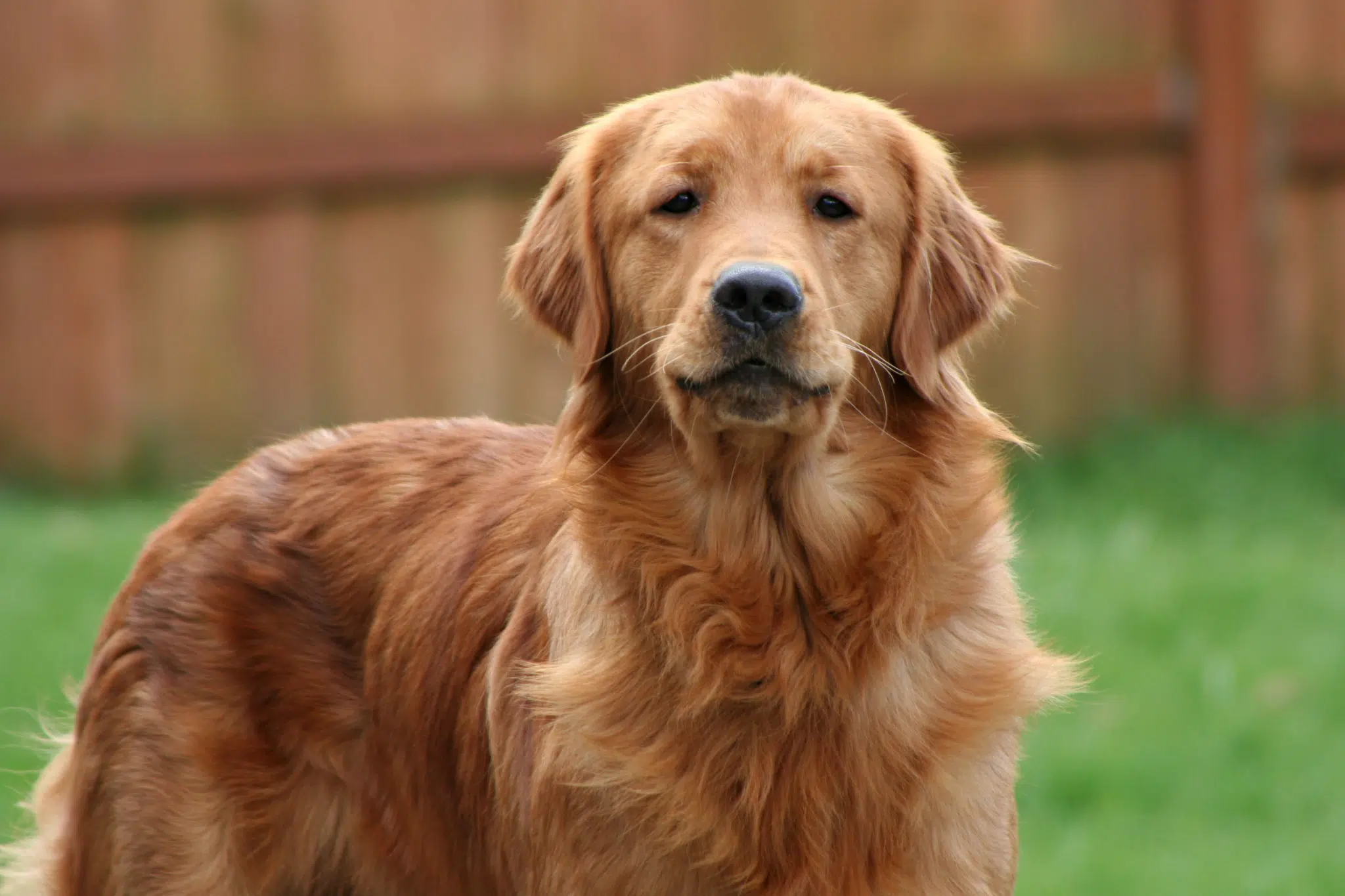

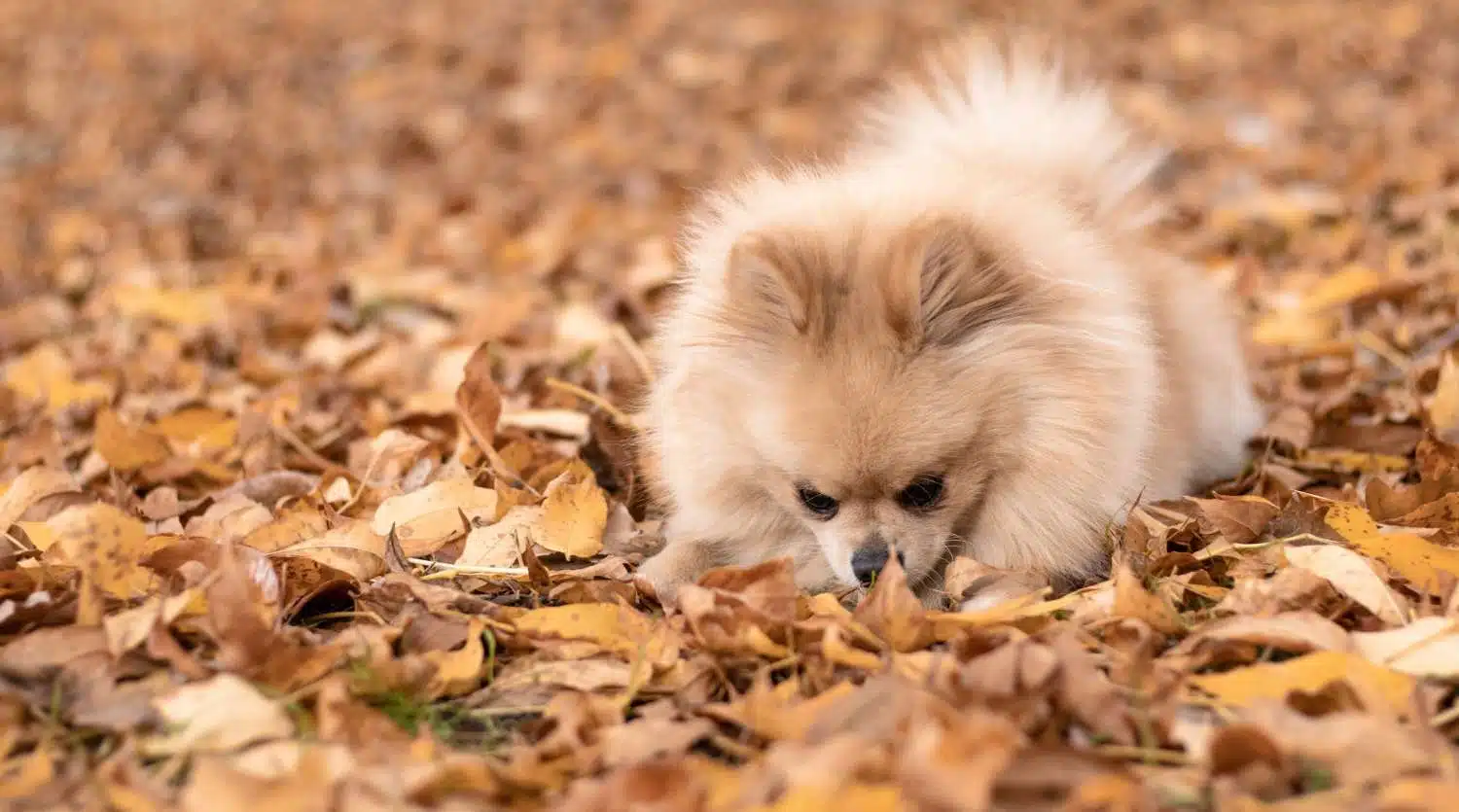
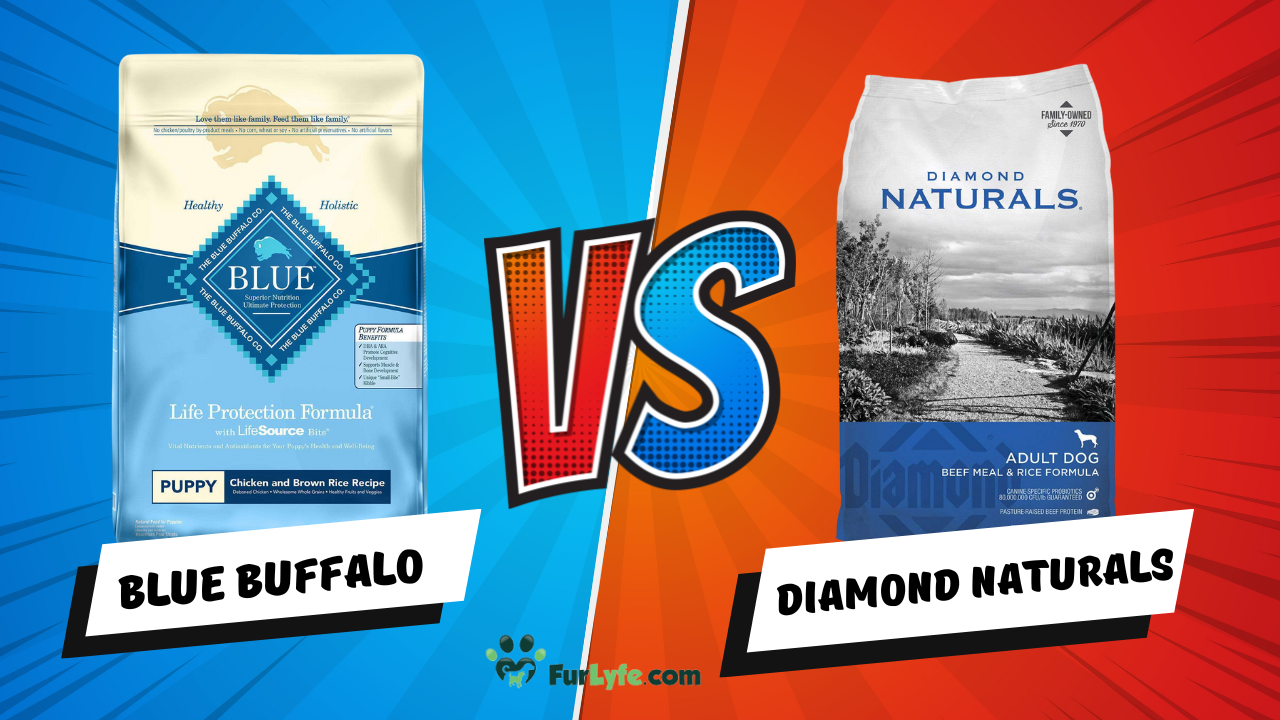

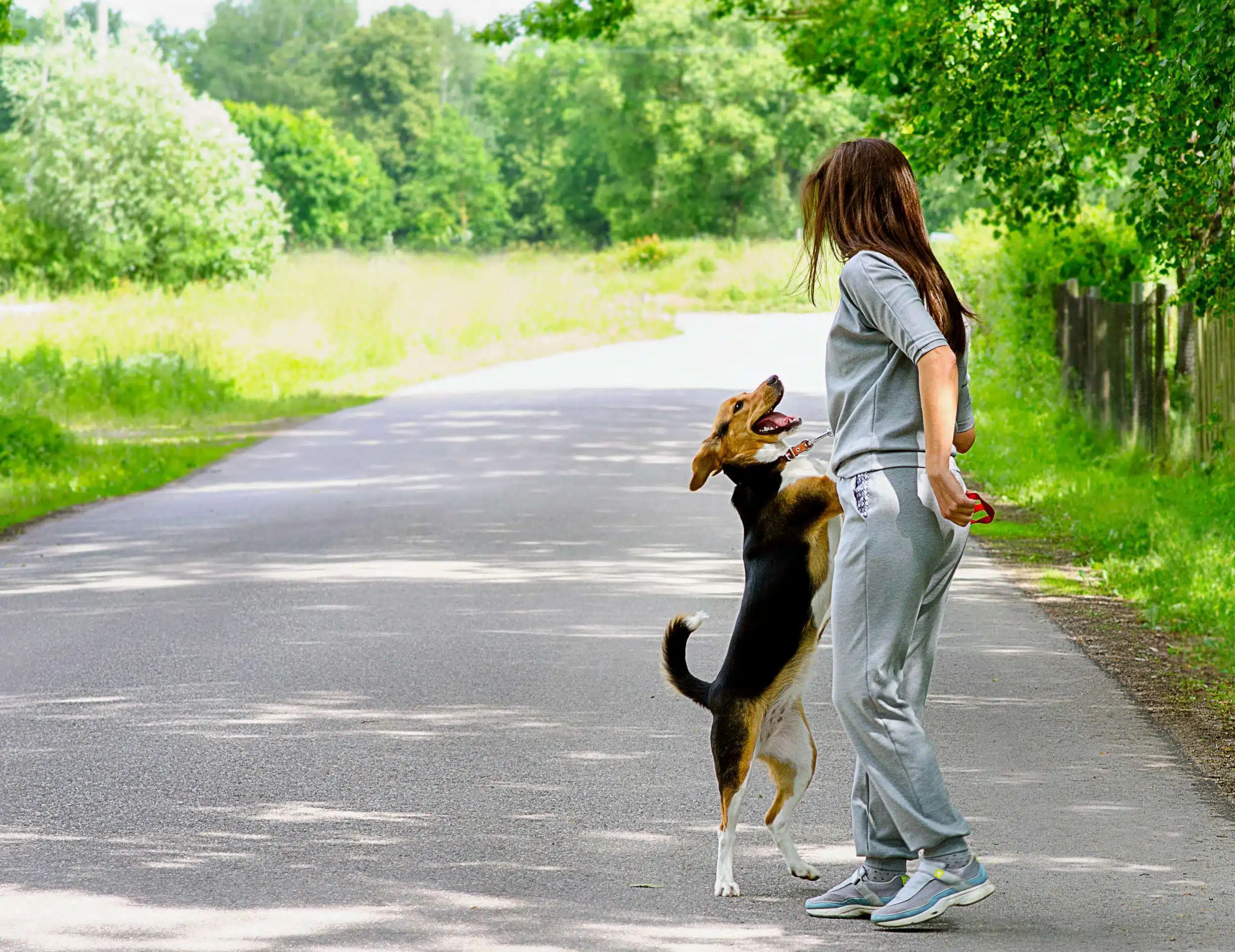
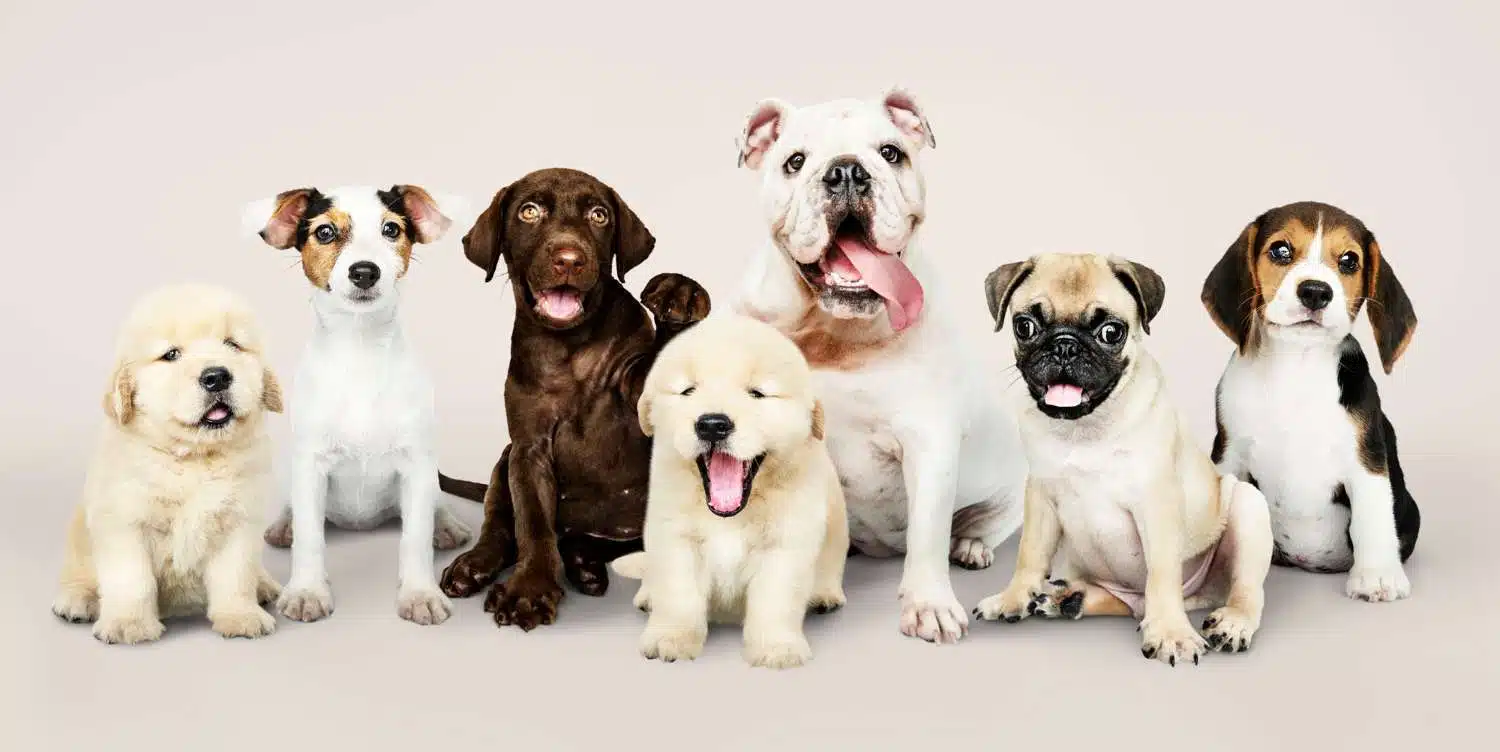
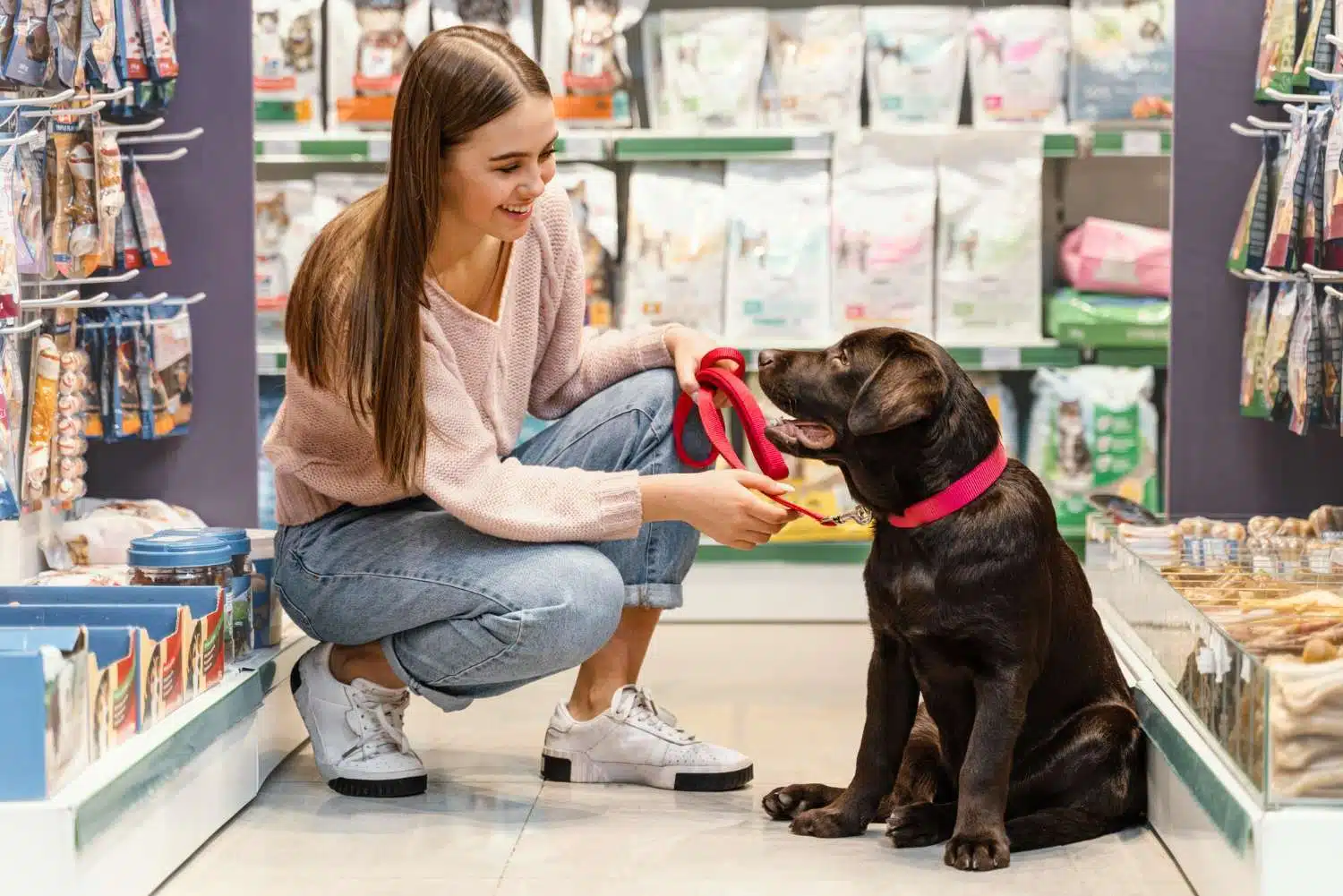
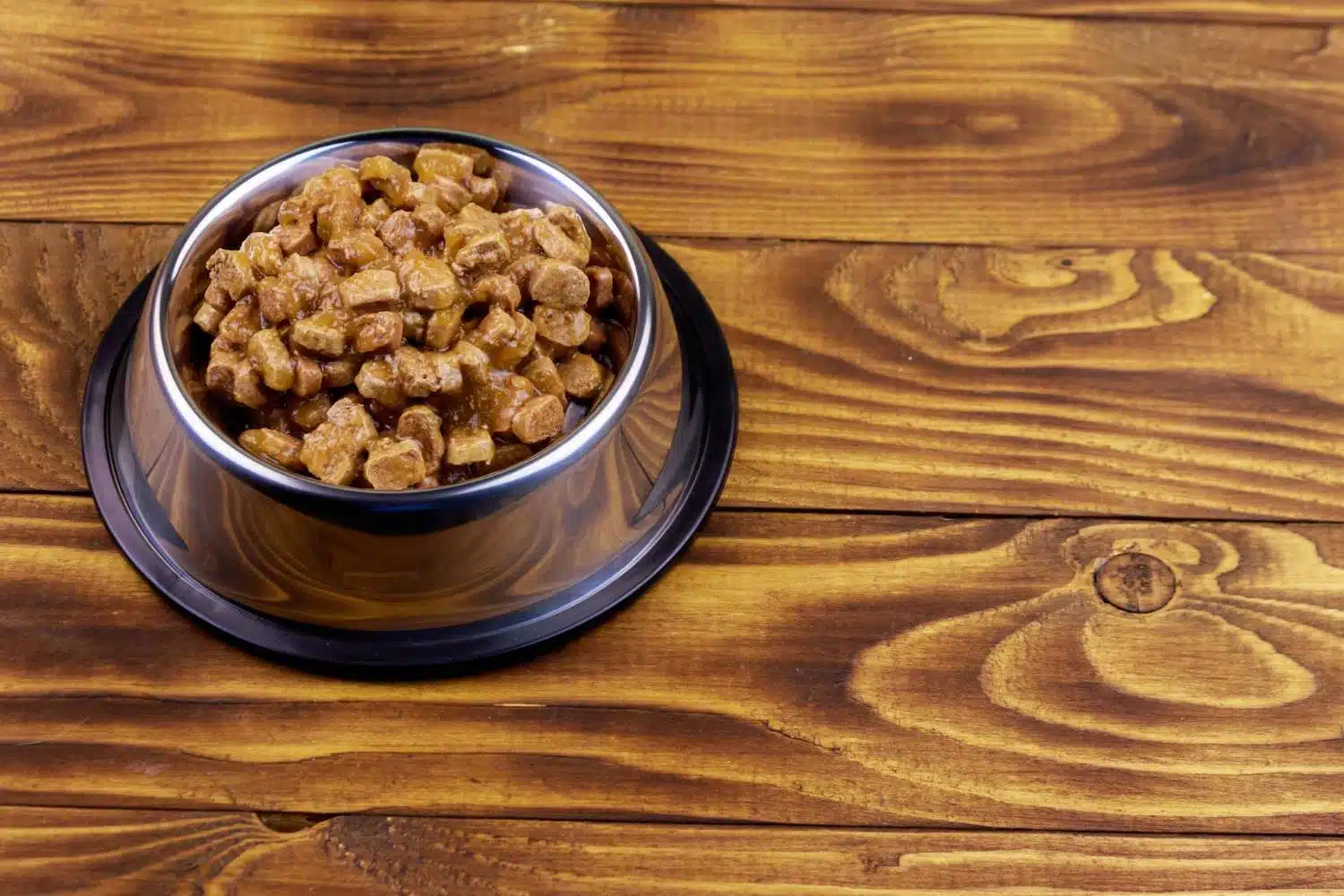
Get involved!
Comments